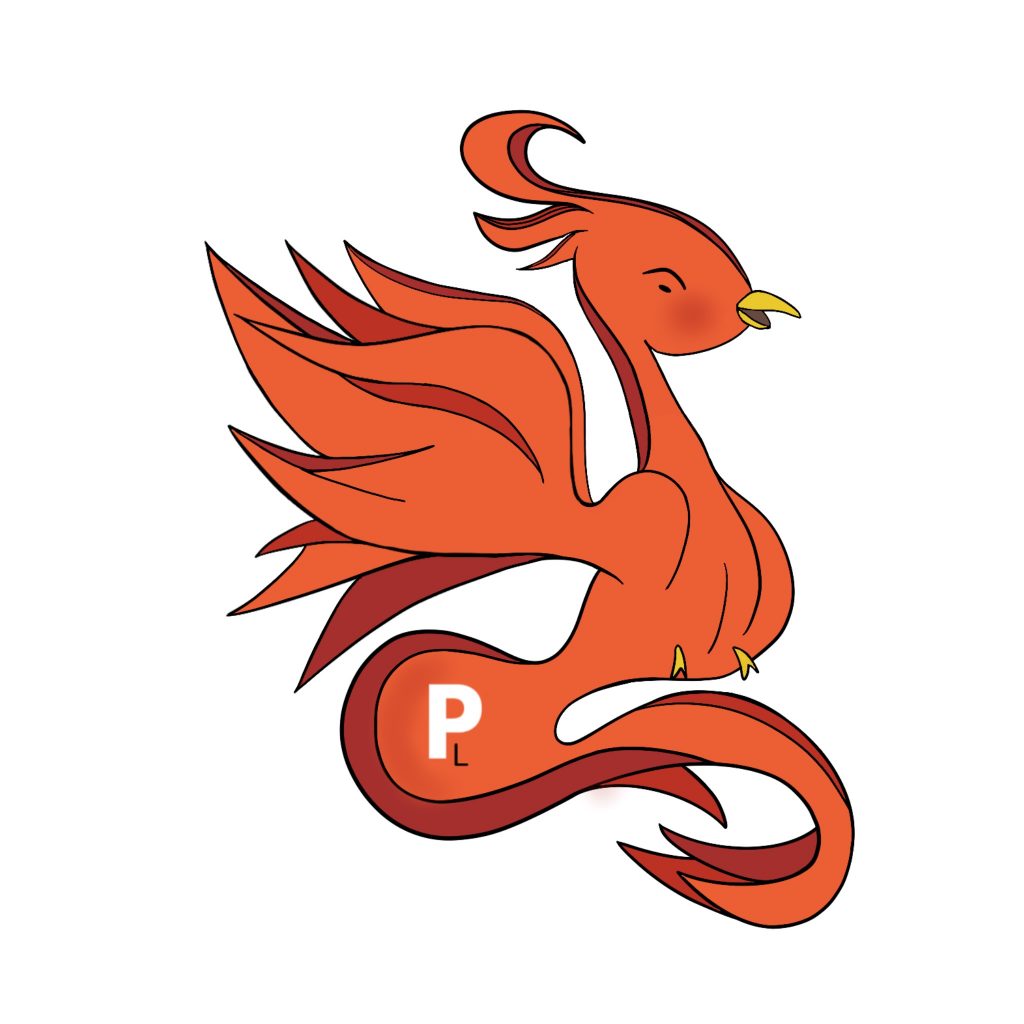Soft skills.
You might not be familiar with the phrase, but you will certainly know examples of them.
Curiosity, problem-solving, and leadership are just a few examples of soft skills. Soft skills are becoming more and more important for hiring managers. Recruiters are more likely to be impressed by a candidate’s communication skills than their knowledge of Human Geography; that’s because soft skills often have far more utility in the workplace than someone’s knowledge of their course at University.
In a recent survey by ManpowerGroup of 2,000 employers, over half listed collaboration, communication, customer service and problem-solving as the most valuable skills. While some of the most competitive employers, such as Amazon, encourage “curiosity”, one amazon recruiter adds she hires people who are “scrappy in how they solve problems”.
For many jobs, the difference between getting an interview and getting the job is your ability to demonstrate your soft skills. At the interview stage, candidates will be similarly matched in terms of their education and experience, so a candidate’s ability to exhibit soft skills often tips the balance.
We’ve compiled a list of five soft skills to show how they could help you get your next job!
1. Curiosity.
Remember what Amazon encouraged in its employees? Curiosity! Being curious is being proactive and taking the initiative to explore different facets of a company or system used in your workplace. Being curious demonstrates to employers that you are motivated by the work you do.
2. Problem-Solving.
If we have learnt anything from the past two years, it’s that life is unpredictable, and businesses are constantly faced with new and emerging threats. That means that potential employees who exhibit strong problem-solving skills are in high demand as you are more likely to adapt to shifting market pressures.
Like many other soft skills, problem-solving is multi-faceted, relying on a range of other soft skills. To be a good problem solver, you will depend on your communication, curiosity, teamwork and potentially leadership to find creative solutions to problems. Therefore, problem-solving is one of an employers’ most sought-after soft skills because it demonstrates that you have a range of soft skills at your disposal.
3. Teamwork.
When you are applying for a job, the likelihood is that this position will be part of a wider team. Therefore, integrating yourself into the team and working effectively is crucial to any hiring manager. Even if you are the best in your field, you won’t be the right fit if you’re impossible to work with. If you want to stand out to an employer, spotlight your ability to work in a team, build effective relationships and demonstrate strong interpersonal skills.

4. Self-Management and Organisation.
Organisation is a crucial soft skill. One aspect of organisational skills is a person’s approach to managing incoming information and distractions. Strong organisational skills infer an ability to complete your work on time despite potentially disruptive events.
Organisational skills, unlike other soft skills, can be demonstrated to potential employers almost right away. Through prompt, clear communication, an articulate and well-written CV, and by showing up to your interview well prepared and on time, you can demonstrate your value as a candidate with exceptional organisation skills before you even have the job. This is something that will not go unnoticed by employers.
5. Leadership.
Even if you’re going into an entry-level role that doesn’t necessarily require leadership skills, most employers will favour people who can withstand pressure in testing circumstances. Furthermore, whilst you might not be managing people in your entry-level role, time management is crucial and is directly linked to someone’s ability to lead. Therefore, if you can demonstrate times when you’ve withstood pressure at work, delivered under testing circumstances or taken difficult decisions, these will all work in your favour.
How can you develop your soft skills?
Whilst someone may have an A* in Maths or a degree in Politics, soft skills are often unquantifiable; it would be tough to give someone a score out of 100 for their leadership ability! As a result, people usually pay less attention to soft skills.
At Phoenix Learning, we hope to change a learner’s attitude towards soft skills.
We have a range of courses that develop learners’ soft skills, making them more rounded candidates.
We provide courses such as CV-Writing, self-management and interview skills that develop your soft skills, allowing you to instrumentalise them in your working life. Through our courses, you can gain certificates in soft skills, enabling you to showcase these newly earned skills on your CV or LinkedIn profile.

By Tom Coyne
30/09/2021
Discover More
Categories
Contact Us
Read More From Phoenix Learning
How To Make The Most Out Of Your Linkedin Profile
The jobs market is changing. The days of walking into a business and handing in your CV is slowly fading...
Read More ➤Equality & Diversity: Supporting Learning Difficulties
How can employers cultivate a workplace of equity and diversity? We wanted to illustrate ways an employer can support employees...
Read More ➤The Toxicity of Hustle Culture: Why Balance is Key
When Covid haltered standard living, we were told to stay productive, keep our spirits high, find a new 'hustle'. This...
Read More ➤






